PSHE and RSHE
The PSHE and RSHE Curriculum at Brentfield:
We believe that our children have an entitlement to be safe, well, and healthy. At Brentfield, we aspire for all of our children to embody our B.R.A.V.E. values. Additionally, we understand that in order to ensure the highest standards of academic achievement, children need to have strong foundations in personal wellbeing, high aspirations, an ability to get on with others, tolerance of differences, as we live in a multi-cultural society and finally, but possibly of most importance – an understanding of what to do when things get difficult.
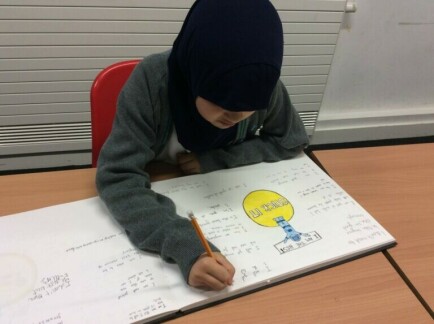
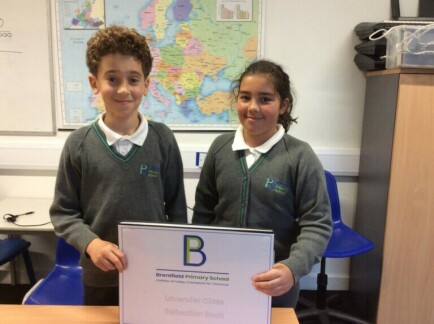
We aim to do this through our PSHE and iSpace programmes of study. These are uniquely designed to equip our children with the skills they need to support their own wellbeing for the range of experiences they will face growing up. They promote the children’s understanding of how to keep themselves safe and healthy; how to contribute positively to society and how to form and maintain healthy relationships built on respect for themselves and others in a variety of settings for an unknown future.
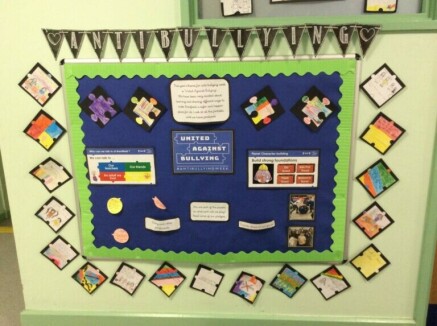
We run additional assemblies, special events and curriculum days to teach other areas for PSHE such as Anti-Bullying week, Harvest Festival, Fund raising days, Money week, Drugs education, Sex Education, Internet awareness, Healthy Eating etc. The variety of approaches used in PSHE help to keep the subject alive and vibrant for the children. We also discuss local and international topical issues, which are relevant to children, where possible. This not only promotes their oracy skills, but also enables them to explore and appreciate a diversity of perspectives while also increasing their engagement and connectivity to a topic.
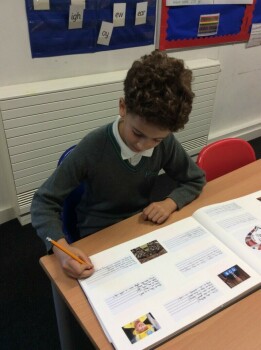
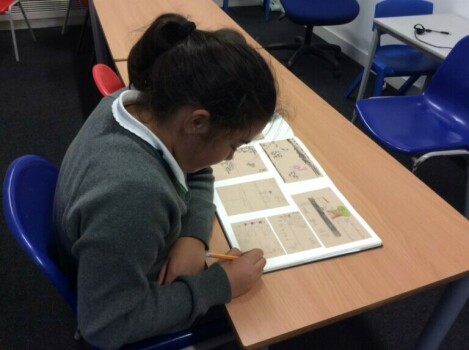
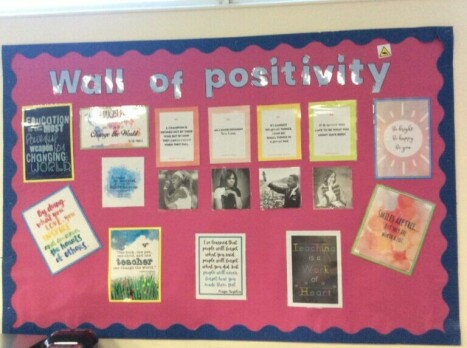
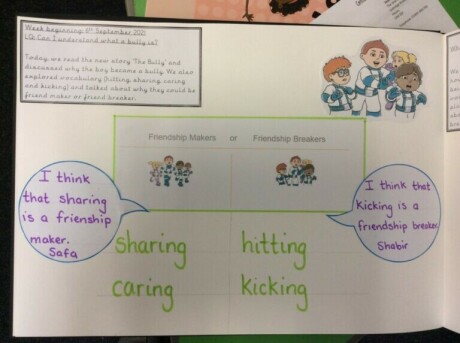
At Brentfield, we believe our pupils have an entitlement to be safe, well and healthy. Therefore we feel that in order for our pupils to leave our school fully-equipped for the next stage of their lives, they should receive a well-rounded education. For this reason, the relationships and sex education children receive, closely relates to our B.R.A.V.E. values as these are our key principles.
Relationships, Sex and Health Education
Relationships education focuses on teaching the fundamental building blocks and characteristics of positive relationships. Children are taught about healthy relationships and explore how to keep themselves and others safe in a variety of different situations and environments, so that they are prepared for the future. Units within this area include:
- Families and people who care for me
- Caring friendships
- Respectful relationships
- Online relationships
- Being safe
Our sex education focuses on:
- Preparing boys and girls for the changes that adolescence brings
- How a baby is conceived and born
RSE is predominately delivered within PSHE, however biological aspects of this unit are taught within the Science curriculum, and other aspects are included in Religious Education (RE). RSE sessions are delivered to pupils in a nurturing and respectful environment by their class teacher.
For more information, please view our:
Relationship and Health Education Policy
Our school council empowers the children, develop their understanding of democracy and build on their self-confidence and belonging to their school and we are working towards achieving the Silver Award for both Healthy Schools and TfL Stars Travel Plan.
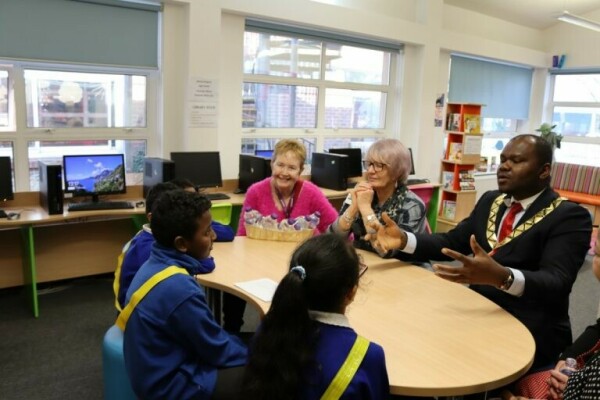
As part of our PSHE curriculum, we deliver the iSpace Wellbeing programme. It offers the language and tools to help children, teachers and parents start the conversation about children’s mental health and emotional wellbeing. The programme also satisfies the government’s statutory requirement for Relationships and Health Education.
iSpace aims to enhance confidence, capability and creativity and to boost emotional intelligence, resilience and self-worth. The framework helps to prepare our children to live life ready.
Through visiting different “planets of emotion” over the course of the year, children will be exposed to different strategies and tools to help them overcome changes and thrive despite failure. These planets are shared with children as part of launch assemblies and developed within lessons. It is also embedded into the daily routine for all children from Reception to Y6.
Please see below for examples of visuals and language we promote and encourage our children to use to discuss their emotions:
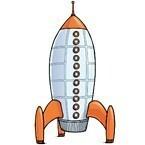 |
Has your rocket launched or is it on the ground? |
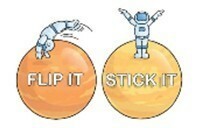 |
How can you flip that around? What do you want to stick with and what do you want to flip? |
 |
Check in with your backpack. How are you feeling? |
 |
Ask for help |
For further information, please visit the iSpace website https://ispacewellbeing.com/
